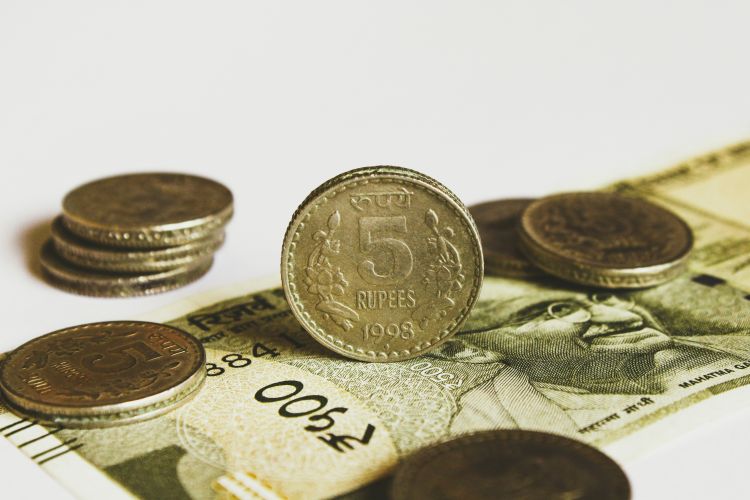
Education and healthcare cess: If a country is to be weakened, targeting its youth is the most effective approach. India has gained international recognition for its outstanding educational institutions, whether in technology, medicine, or social sciences. The nation prides itself on the contributions of Indians to technological innovations, medical tourism, social science awareness, and the agricultural revolution, all of which involve significant participation from agricultural educational institutions. However, the recent inadequate spending on health and education, compared with global standards, has attracted criticism under the pretext of resource constraints.
Despite these achievements, the spending on health and education as a percentage of the GDP remains low, compared with other large economies. The excuse often given is a lack of resources, but this argument fails to hold up under scrutiny.
READ | GST to get a makeover as govt looks to limit damage
Introduction of special cess
To address the funding gap, a special tax has been introduced to support these critical sectors. Unlike general taxes, which go into the consolidated fund of India with no defined end use, a surcharge has a specified purpose and must be spent solely for the intended objective.
Since FY2018-19, citizens have been paying the health and education special tax regularly. However, instead of separate accounting, these funds are merged into the consolidated fund of India and not placed in a special purpose fund, which would allow unspent funds to be carried forward to the next financial year. Each surcharge is collected after Parliament authorises its creation through enabling legislation that specifies the purpose for which the funds are raised.
Article 270 of the Constitution allows surcharges to be excluded from the divisible pool of taxes that the Union government must share with the states. Therefore, the Union government is mandated to ensure that the collected surcharge is spent for the defined purpose to improve the quality and quantity of facilities provided.
Misallocation of funds
During FY2021-22, Rs 52,732 crore was collected through the health and education surcharge, of which Rs 31,788 crore (60%) was transferred to the Prarambhik Shiksha Kosh. According to revised estimates for FY2021-22, Rs 25,000 crore and Rs 21,499 crore were approved for transfer to the Midday Meal Scheme (MDMS) and the Primary and Secondary School Nutrition Scheme (PSSN) respectively. However, against a collection of Rs 52,732 crore, only Rs 46,499 crore was allocated.
In Parliament, the minister of finance committed to establishing special purpose fund arrangements to ensure that money collected through the surcharge is spent only for its dedicated purpose by 2022. Despite this, the creation of such a fund has not yet materialised, as flagged by the CAG. The untransferred funds for the year 2021-22 amounted to ₹23,874 crore. The CAG’s latest audit report of government accounts observed that the Union government withheld over ₹1.1 lakh crore out of the nearly ₹2.75 lakh crore collected through various surcharges in 2018-19 in the Consolidated Fund of India (CFI).
The need for accountability
The shortfall in expenditure is not due to a lack of resources, as the surcharge collected is not reflected in the actual spending in these sectors. A social audit is crucial to map the collections and spending patterns of the surcharge to ensure the quality provision of education to youth and quality healthcare to all Indian citizens. India’s low parameters in human development indices are a result of these low expenditures.
Article 14 of the Constitution guarantees equity before the law, and Article 21 ensures that no person shall be denied the right to education due to a lack of facilities, allocations, or any other reason. The same applies to the right to preventive and curative healthcare at an affordable rate.
For India to continue its trajectory of growth and development, it is imperative that the funds collected through special taxes are managed transparently and used effectively for their intended purposes. Only through proper allocation and expenditure can the nation ensure the equitable provision of essential services like education and healthcare, which are fundamental to the progress and well-being of its citizens.
Dr Aruna Sharma is a New Delhi-based development economist. She is a 1982-batch Indian Administrative Service officer. She retired as steel secretary in 2018.

